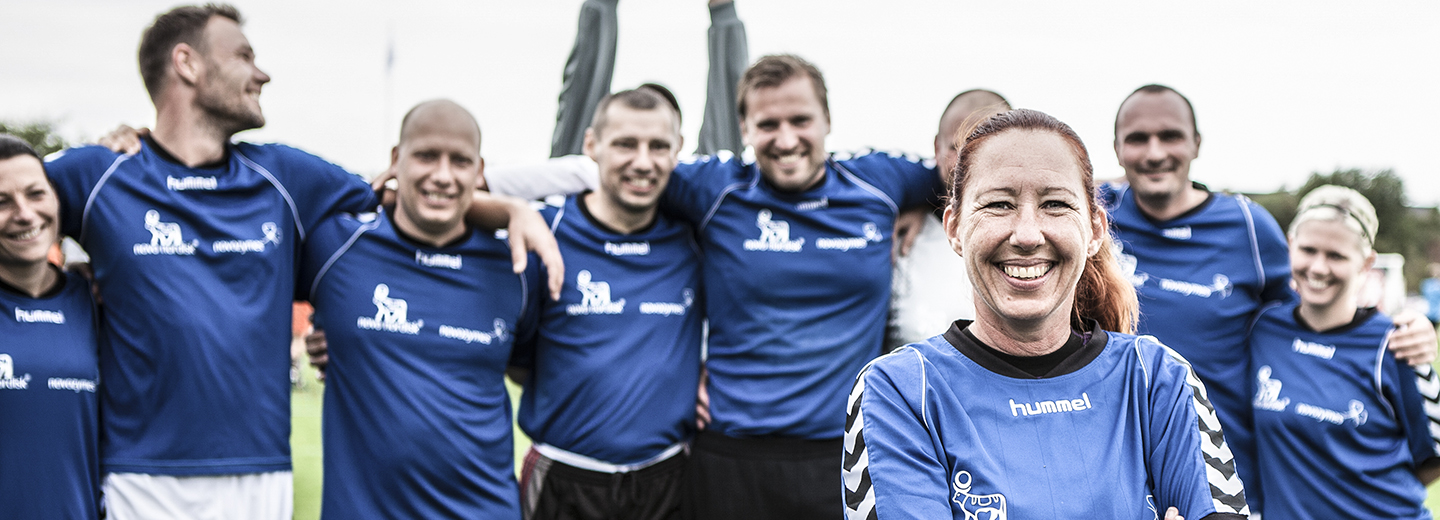
Promoting social integration and volunteering in sports clubs. Lessons from practice
This report is the fifth output from the project ‘Social Inclusion and Volunteering in Sports Clubs in Europe’ (SIVSCE). The report builds on a collection of ‘good practices’ of sports clubs in all of the ten participating countries, with the aim of providing a qualitative description of specific sports clubs and projects that are successful with social integration and in recruiting and retaining volunteers.
Monika Piątkowska, Josef Pilsudski University Physical Education in Warsaw, Poland
Szilvia Perényi, University of Physical Education and University of Debrecen, Hungary
Karsten Elmose-Østerlund, University of Southern Denmark, Denmark
Summary
The report includes firstly a cross-country analysis of 30 ‘good practices’ – three from each of the ten countries - structured in three main areas: 1) promoting social integration in sports clubs, 2) engagement in volunteering in sports clubs, and 3) promoting social integration through volunteering in sports clubs. Secondly the report contains a description of the thirty ‘good practice’ clubs.
The analysis of the 'good practice' clubs in relation to social integration shows that the following elements are among the most important:
- An interesting offer which meets the needs of the target group
- The activities are offered at a time that fits in with the target group
- The activities are offered at a reasonable price
- Qualified coaches and trainers can serve as role models
- Integrative club policies for socially vulnerable groups
- A good social life in the club
- Participation in the local community
- A wide network of partners
- Adapting a development strategy for the club
- Serving as a benchmark
The analysis of the 'good practice' clubs in relation to volunteering shows that the following elements are among the most important approaches and procedures for consideration by clubs:
- Addressing issues related to volunteerism in club policies
- Enhancing the quality of volunteer management
- Provide opportunities for volunteers to take on well-defined and time limited assignments
- Using modern technology in the registration, tasks management and communication of volunteer-related issues
- Reaching out to the local community for recruitment
- Enhance the social participation of members and volunteers
- Indirect but tangible benefits may also motivate people to get engaged in volunteering
Photo: Brian Nonbo/Dansk Firmaidrætsforbund
Promoting social integration and volunteering in sports clubs. Lessons from practice
Monika Piątkowska, Szilvia Perényi and Karsten Elmose-Østerlund